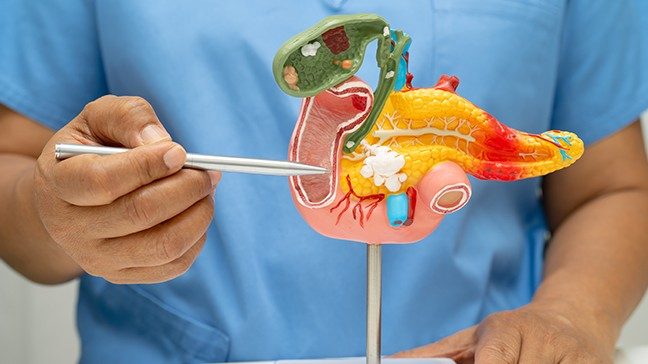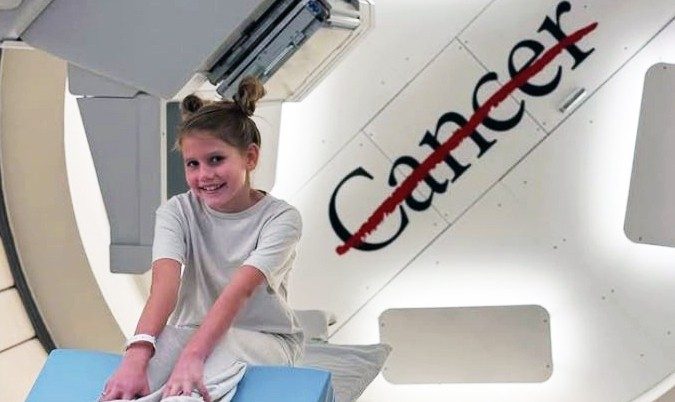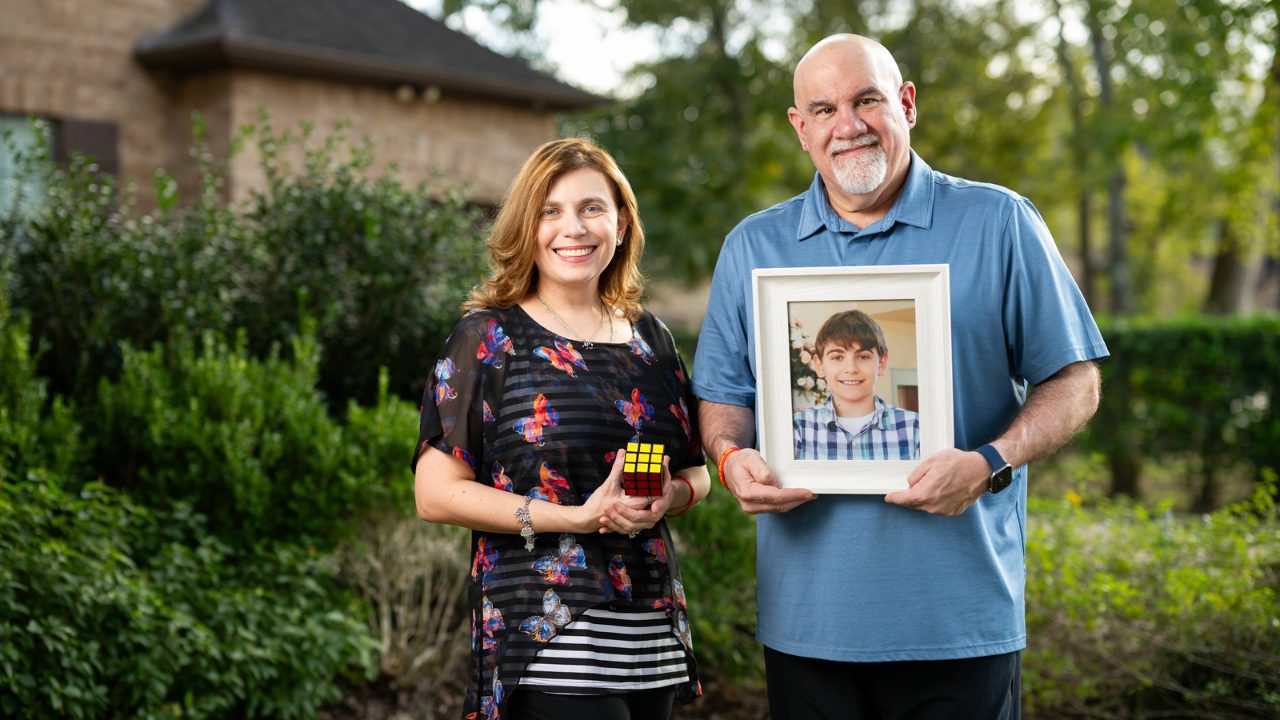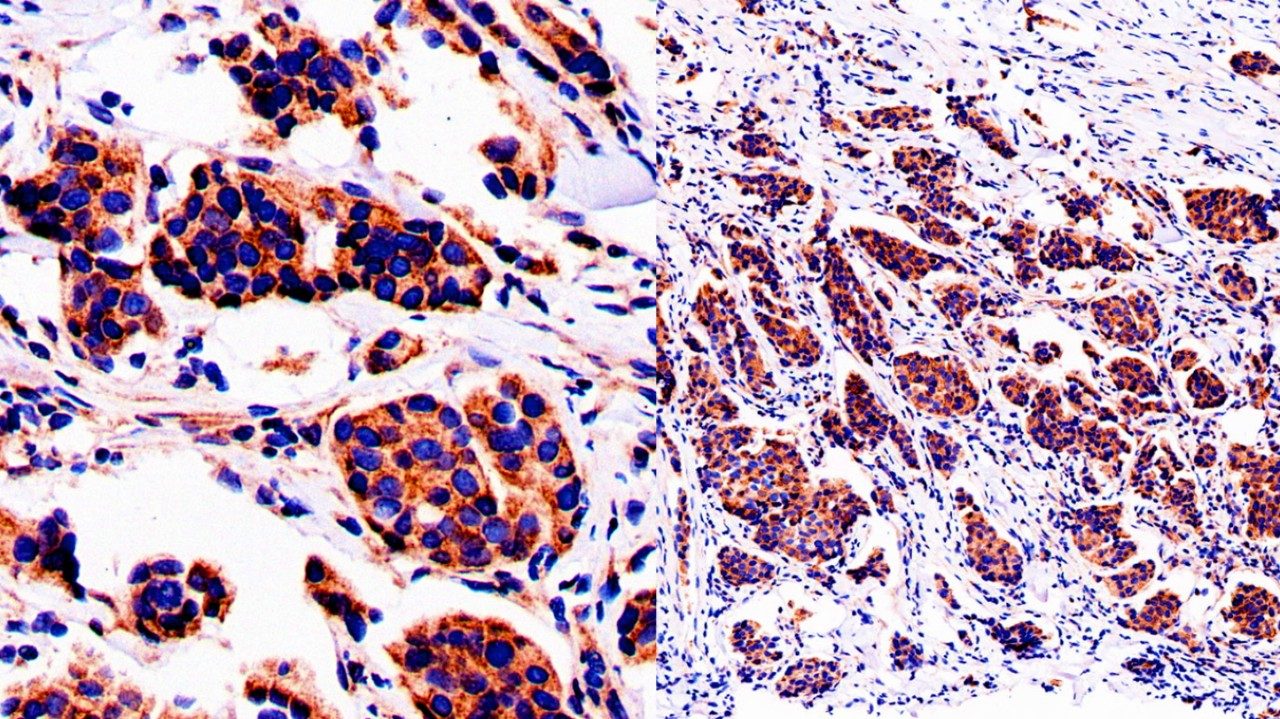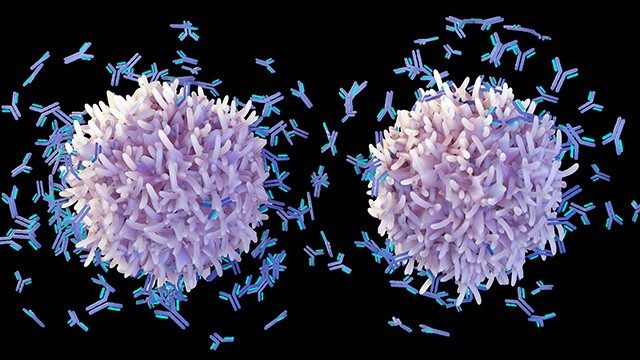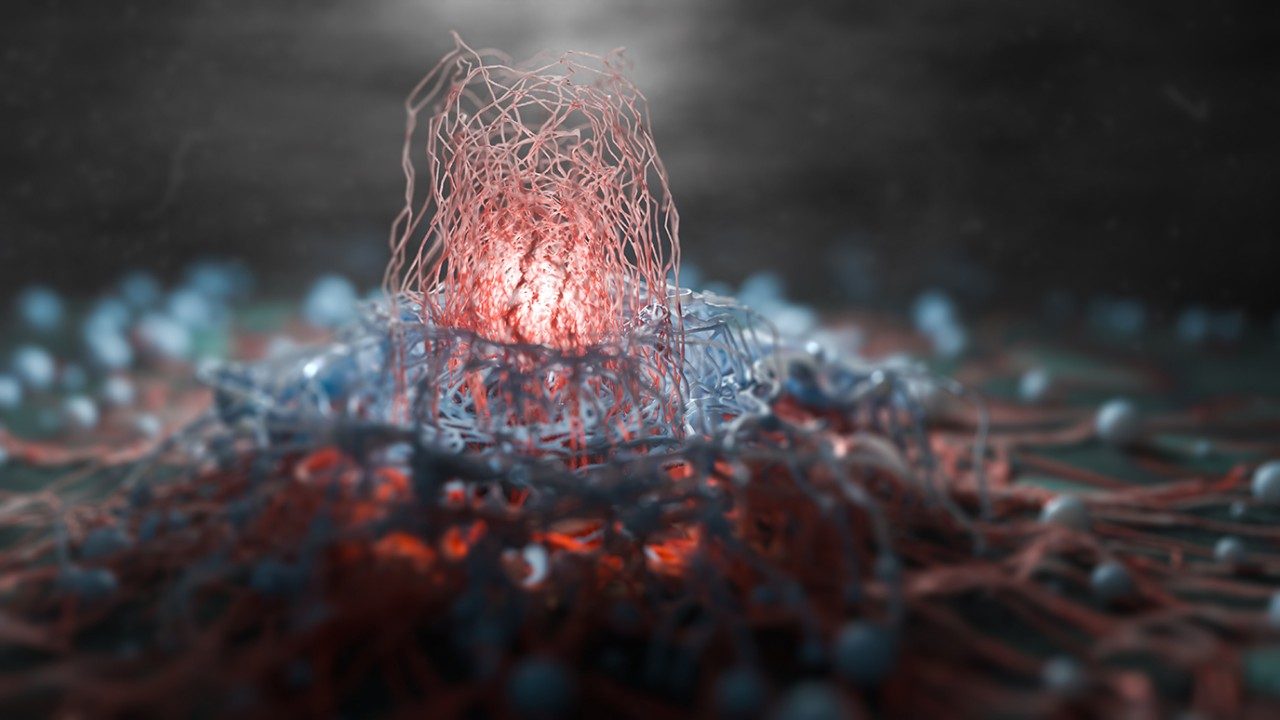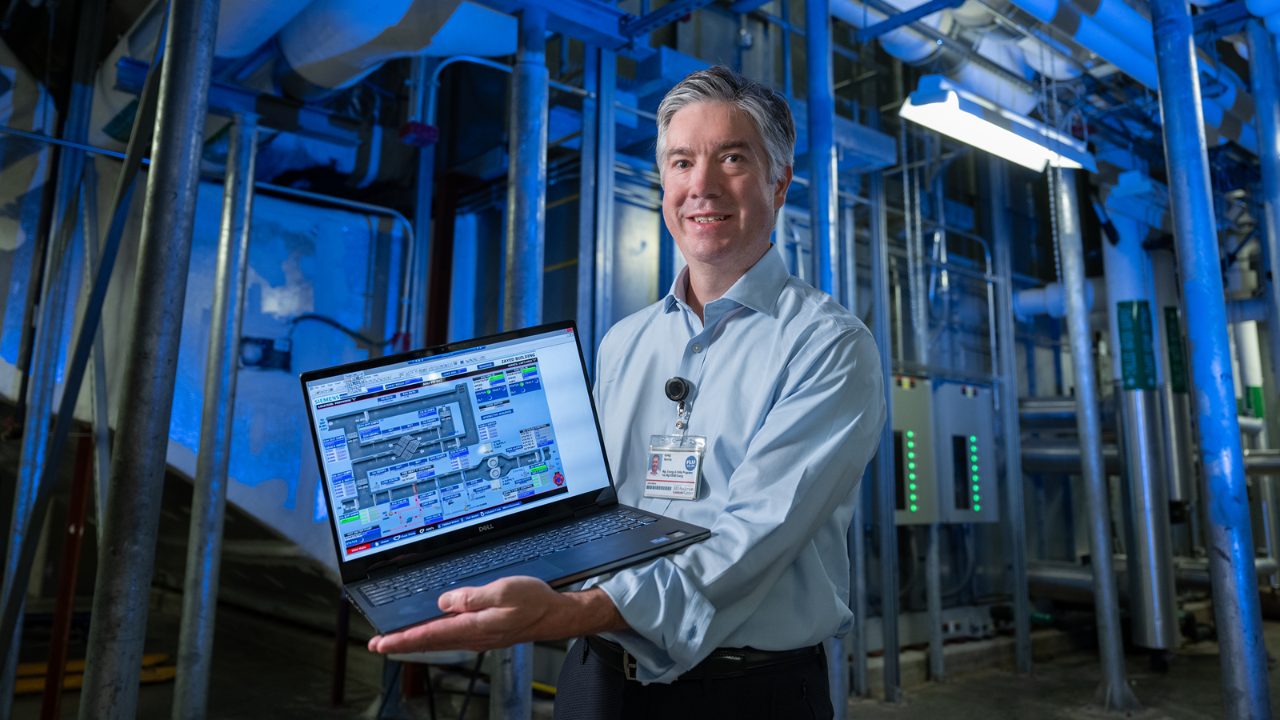
Clinical dietitian: 3 ways to reduce your sugar intake and still enjoy sweets
There’s no evidence linking sugar directly to cancer. But eating too much sugar can still lead to weight gain, which increases your risk of several cancers. It can also lead to other health conditions, such as diabetes, high triglycerides and metabolic syndrome.
The problem is that most people really like sweets. Our bodies are wired to want them. So, how can you reduce your sugar intake and still enjoy your favorite treats? Try these three tips.
Don’t eat sugar on an empty stomach
The most important tip by far is this: don’t eat sugar on an empty stomach — because that’s when it does the most damage. Eating something sweet all by itself causes severe sugar spikes, which puts an unnecessary strain on your body.
Instead, try to eat sweets only after a well-balanced meal, so you have other foods in your system, like fiber and protein, which slow down the digestion of carbohydrates. If you don’t make a sugary treat the main event — and save it until the very end — you’re likely to eat less of it.
Add protein and fiber to your sweets
If you don’t really want a full meal, but are still craving something sweet, try adding protein and fiber to the mix. Doing this offers two benefits:
- It will satisfy you more quickly, so you’ll tend to eat less of it.
- It will slow down digestion, making you feel full for longer.
When you ingest something sugary with no fiber or protein, it’s really easy to reach for that fourth or fifth cookie. Why? Because it doesn’t feel like they’re taking up that much space. But fiber and protein have bulk and macronutrients. So, these satisfy your hunger and make your stomach feel full.
One good example of this is a simple, no-bake energy bite. These are usually made from some combination of oats, peanut butter, flaxseed and chocolate chips. If you add a little protein powder, it tastes just like a cookie dough ball. But they’re so filling that you only want two of them!
You can do this with a lot of other recipes, too. Try blending avocado or tofu into your chocolate pudding, for instance, or substituting Greek yogurt for cream cheese in a cheesecake. Even if you just sprinkle fresh fruit over yogurt, you’re probably going to eat less of it because of the fiber in the fruit and the protein in the yogurt.
Replacing processed sugars with natural sweeteners like honey or dates can offer additional benefits. Honey has antimicrobial properties, for instance, while prunes and dates have a low glycemic index because of all the fiber they contain.
Experiment with zero- and low-calorie sweeteners
If you enjoy baking, consider experimenting with zero- or low-calorie sweeteners.
Stevia and monk fruit are two natural sweeteners that are also calorie-free. Allulose syrup is a natural, low-calorie option. But those — along with a few artificial no-calorie sweeteners — bake up just the same as regular sugar in cookies and cakes.
It might take some trial and error to learn just how much real sugar you can swap out with an alternative and still end up with a result you like. But even if you use only a quarter or a third less regular sugar than you normally would, that’s still less sugar — which is a pretty sweet result.
Claire Gundlach is a clinical dietitian at MD Anderson.
Request an appointment at MD Anderson online or call 1-877-632-6789.
Intrathecal chemotherapy: 10 questions, answered
Facing a pediatric brain tumor with a cheerful spirit
How to talk to your children about vaping
Phantosmia: 8 things to know about olfactory hallucinations
Soursop: Does this tropical fruit have health benefits?
|
$entity1.articleCategory
|
|---|
|
$entity2.articleCategory
|
|
$entity3.articleCategory
|
|
$entity4.articleCategory
|
|
$entity5.articleCategory
|
|
$entity6.articleCategory
|
Find stories by topic
Find out everything you need to know to navigate a cancer diagnosis and treatment from MD Anderson’s experts.
Read inspiring stories from patients and caregivers – and get their advice to help you or a loved one through cancer.
Get MD Anderson experts’ advice to help you stay healthy and reduce your risk of diseases like cancer.
Learn how MD Anderson researchers are advancing our understanding and treatment of cancer – and get to know the scientists behind this research.
Read insights on the latest news and trending topics from MD Anderson experts, and see what drives us to end cancer.
Find out what inspires our donors to give to MD Anderson, and learn how their generous support advances our mission to end cancer.






